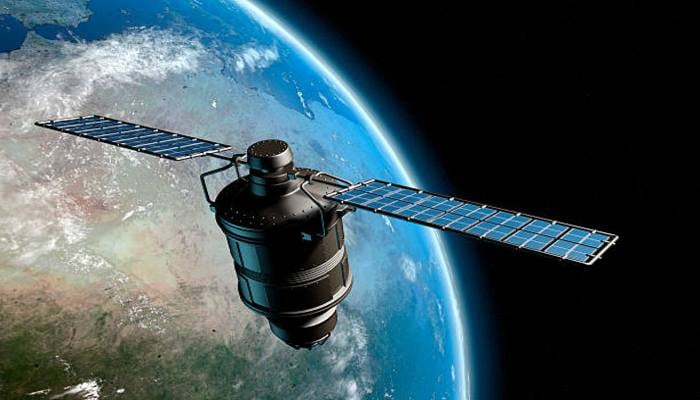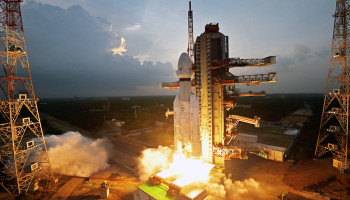
Nearly a day following its successful liftoff from China’s Xichang Satellite Launch Center, Pakistan's Remote Sensing Satellite-1 (PRSS-1) has entered its designated orbit, according to Federal Minister for Planning Ahsan Iqbal.
The Space and Upper Atmosphere Research Commission (Suparco), the country's national space agency, stated that the launch marks a significant milestone in Pakistan's space exploration and Earth observation capabilities.
The PRSS-1 is believed to enhance urban planning, disaster management, food security, and ecological protection. The satellite will also provide crucial imaging to monitor climate change, manage water resources, and track agricultural patterns and deforestation.
Suparco Chairman Muhammad Yousaf Khan said the satellite launch is a testament to Pakistan's national priorities, while contributing to sustainable socio-economic development.
Dawn reported that the latest space mission was carried out in collaboration between Suparco, China Electronics Technology Group Corporation, and MICROSAT China.
Besides helping attain precise agriculture, boost crop yields, and aid in urban infrastructure monitoring and regional planning, the satellite will also improve disaster management by delivering timely warnings for floods, landslides, and earthquakes.
Iqbal described the launch as a technological achievement that strengthens Pakistan's ties with China. Prime Minister Shehbaz Sharif and President Asif Ali Zardari also congratulated the scientists part of this successful mission.
















